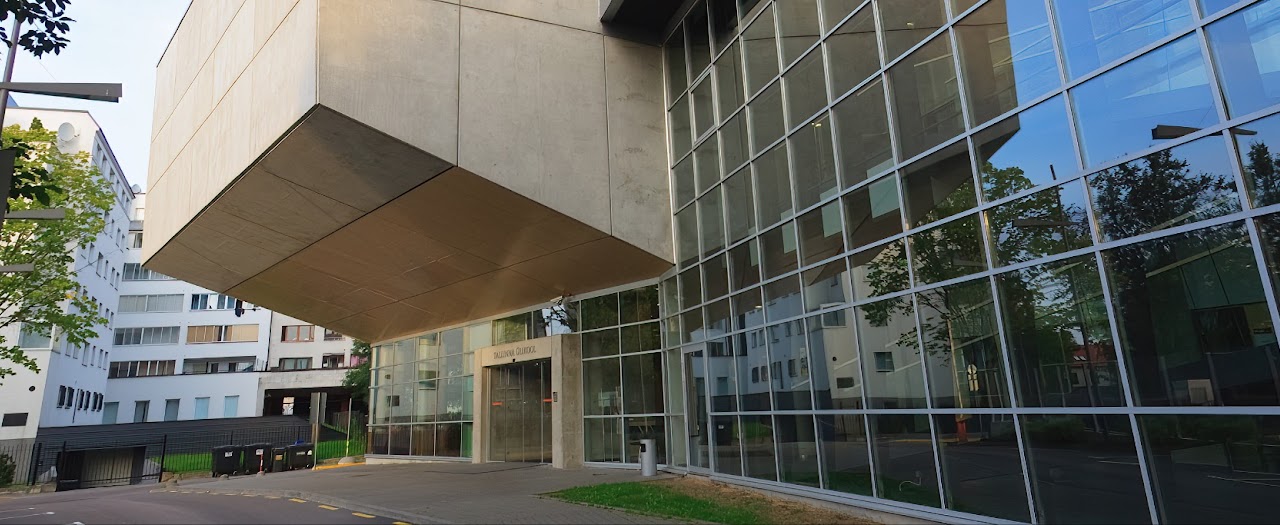Tallinn University invites graduate students and scholars of Soviet and post-Soviet history for a week-long summer school, offering a unique opportunity to reassess and critically examine the field at a time of great upheaval in the region.  Through keynotes, workshops, and a stimulating cultural program, participants will gather to question the conventional approach to Soviet multinationality and disentangle the various trajectories of the nations and groups belonging to the erstwhile Soviet realm.
Through keynotes, workshops, and a stimulating cultural program, participants will gather to question the conventional approach to Soviet multinationality and disentangle the various trajectories of the nations and groups belonging to the erstwhile Soviet realm.
The summer school will be held at Tallinn University in Estonia from 28 July–4 August 2023. It is designed for Ph.D. students in the Humanities and Social Sciences; however, motivated MA students are also welcome to apply. The working language of the summer school is English. There is no enrollment fee, but participants will be responsible for their own travel, accommodation, and most of the meals.
The deadline to apply is 30 April 2023.
For further information and the application form, please visit disentangling2023.eu
H-Net: https://networks.h-net.org/node/73374/announcements/12435370/summer-school-disentangling-eurasia-russian-empire-soviet
***
At the 2023 Tallinn Summer School, we aim to bring together leading scholars and Ph.D. students of Soviet society and culture to discuss and scrutinize the fundamentals of the field. This time of rapid developments in the region and singular events of potential world-historical significance calls for a broader look at the historical trajectories of the realm that was once imperial Russia. It is time to revisit the big questions in Soviet studies and review the future of the field. We will do so by expanding the focus beyond the confines of the short 20th century and outside the boundaries of today’s Russian Federation. The war with Ukraine has brought Russia’s relationship with its former imperial realm (as well as its own internal minorities) into sharp focus, prompting the scholarly community to examine our prior biases and prejudices. Scholars of Ukraine, the Baltics, the Caucasus, and Central Asia, among many others, have called to reappraise prior historiography’s Russo-centrism and the often-neglected implications of Soviet nationality policies. We will take a critical and nuanced look at Soviet multinationality (including its “Russia”-question) while also examining other continuities in politics and culture across the 1917, 1940, and 1989 revolutionary divides.
The summer school will feature keynote lectures by Joshua Sanborn (Lafayette College), Serhy Yekelchyk (University of Victoria), and Juliane Fürst (Leibniz Centre for Contemporary History).
Other faculty include Sofia Dyak (Center for Urban History of East Central Europe in Lviv), Botakoz Kassymbekova (University of Basel), Zbigniew Wojnowski(Oxford University), Aro Velmet (University of Southern California), Eglė Rindzevičiūtė (Kingston University), Madina Tlostanova (Linköping University) and several other local and international scholars working on Soviet interethnic relations, heritage and memory studies, environmental history, urban studies, cultural studies, history of science and technology, gender studies, and other related fields. The faculty will run workshops and engage in roundtable discussions, which will include ample time for questions and exchange with students.
Apply at disentangling2023.eu
This summer school is supported by the (European Union) European Regional Development Fund (Tallinn University's ASTRA project, TLÜ TEE, University of Tartu ASTRA project PER ASPERA, Estonian Academy of Arts ASTRA project, EKA LOOVKÄRG and Estonian Academy of Music and Theatre ASTRA project, EMTASTRA).
